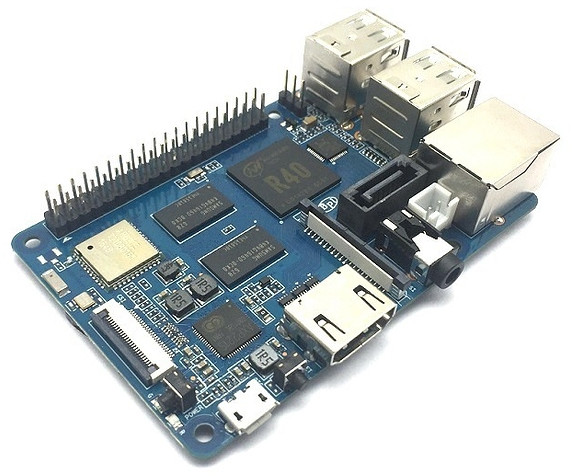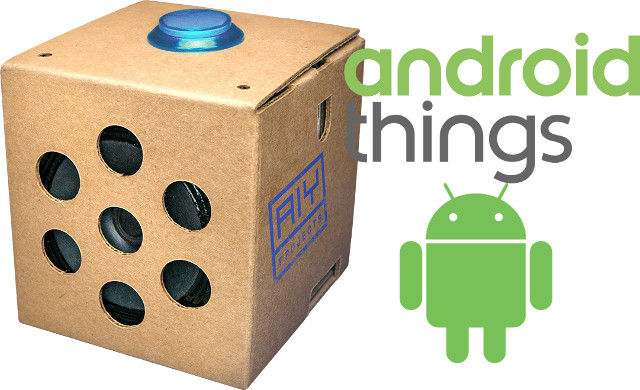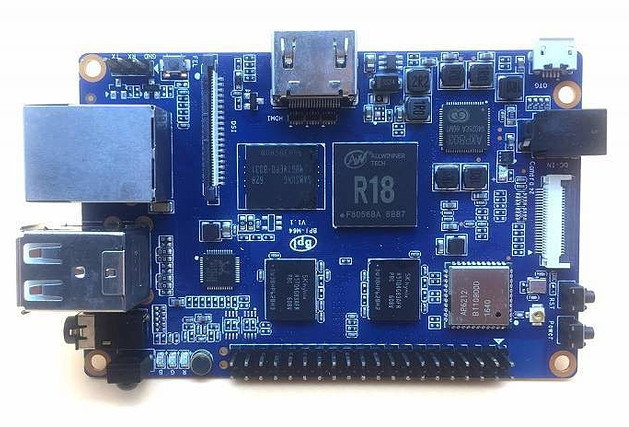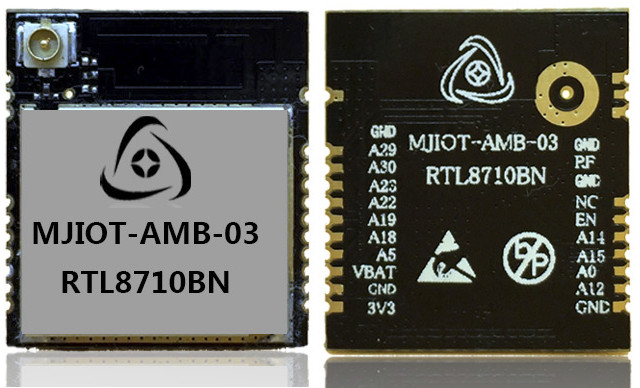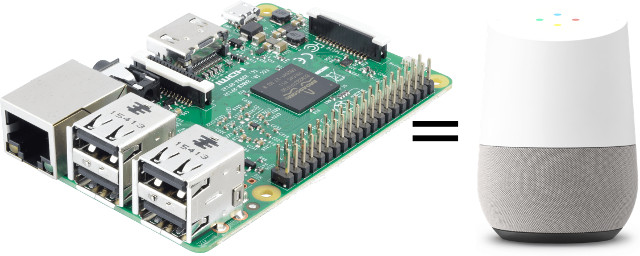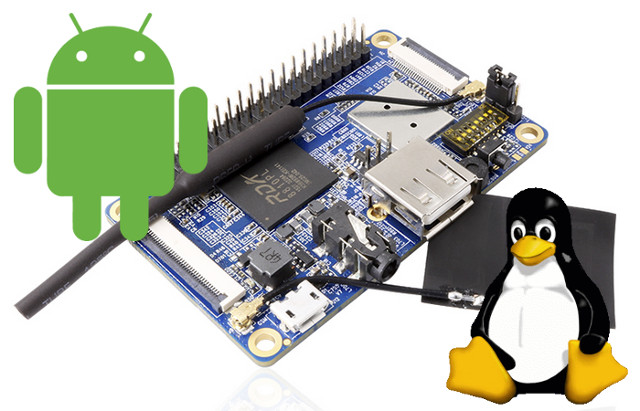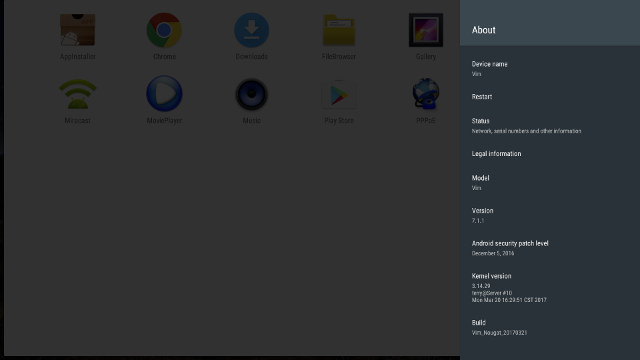SinoVoIP has unveiled yet another new board with Banana Pi BPI-M2 Berry this week-end. It’s actually quite similar to Banana Pi BPI-M2 Ultra board, but they replaced Allwinner R40 with an Allwinner V40 processor, removed some features, and used the Raspberry Pi 3 form factor. If we look at Allwinner V40 product brief we can see the specifications look almost identical, with V40 potentially exposing an extra CAN bus. The company’s announcement was very confusing since they showed the Banana Pi BPI-M2 Berry board with Allwinner R40 instead of Allwinner V40. Banana Pi BPI-M2 Berry Banana Pi BPI-M2 Berry specifications: SoC – Allwinner V40 quad Core ARM Cortex A7 processor with ARM Mali-400MP2 GPU System Memory – 1G DDR3 SDRAM Storage – micro SD slot, SATA interface Connectivity – 1x Gigabit Ethernet port, 802.11 b/g/n WiFi and Bluetooth 4.0 (AP6212 module) Video Output – HDMI 1.4 port up to 1080p60, […]
HiSilicon Hi3796M V200 UHD DVB + H.265 STB SoC Showcased at Broadcast Asia 2017
Broadcast Asia international digital multimedia & entertaiment technology exhibition & conference is taking place in Singapore on May 23 – 25, and I’ve been informed that Hisilicon showcased their latest Hi3796M V200 Set-top box SoC with support for 4K DVB, H.265, and high dynamic range technology such as HDR10, HLG and Dolby Vision. Key features and specifications of Hi3796M V200 processor: CPU – Quad core ARM Cortex A53 GPU – ARM Mali-450MP Memory – DDR3, DDR3L, DDR4 Video Output – 1x HDMI 2.0a Tx with HDCP 2.2 Video format – HEVC, H.264, MPEG2, MPEG4, VC1, VP9, AVS 2.0 HDR – HDR10, HLG, Dolby Vision, HDR and SDR conversion HiVXE 2.0 VPU – Decoder – 4K60 10-bit; Encoder – HEVC/H.264 1080p30 or 2x 720p30 Ethernet – 1x Gigabit Ethernet, 1x Fast Ethernet USB 2.0 – 2x USB 2.0 ports SATA & PCIe & USB 3.0 – USB 3.0, SATA 3.0, PCIe […]
Android Things Developer Preview 4 Released with Google Assistant SDK Support
Earlier this month, Google released a preview of the Google Assistant SDK that works on boards running Debian like the Raspberry Pi 3, and even launched AIY Project Voice Kit for the later. You can now play with Google Assistant on Android Things as the company has just released Android Things Developer Preview 4 with support for Google Assistant SDK. The operating systems works on any Android Things certified devices, but the example instructions for Google Assistant API on Android Things also include steps to use Raspberry Pi 3 board together with AIY Projects Voice kit. The developer preview 4 also adds I2S to the peripheral I/O API and is demonstrated in the aforementioned example, and new hardware support with NXP i.MX7D based Pico Board equipped WiFi & Bluetooth, Ethernet, USB ports, an audio jack, and an I/O expansion port. Android Things DP4 also brings the ability for developers to […]
Banana Pi BPI-M64 Board Gets Allwinner R18 Processor with Google Cloud IoT Core Support
Banana Pi BPI-M64 board was launched with Allwinner A64 processor, but a few days ago, I noticed the board got an option for Allwinner R18. Both processors are likely very similar since they are pin-to-pin compatible, and Pine64 was first seen with Allwinner R18, so I did not really feel it was newsworthy. But today, Google announced Google Cloud IoT Core cloud service working with a few app partners such as Helium and Losant, as well as several device partners including ARM, Marvell, Microchip, Mongoose OS, NXP… and Allwinner, having just announced the release of an Allwinner R18 SDK with libraries supporting Google Cloud IoT Core. Let’s go through the board specifications first which are exactly the same as for the original BPI-M64 board, except for the processor: SoC – Allwinner R18 quad core ARM Cortex A53 processor with Mali-400MP2 GPU System Memory – 2GB DDR3 Storage – 8GB eMMC […]
Realtek RTL8710BN ARM Cortex M4 WiFi MCU, MJIOT-AMB-03 Module & Board, and Ameba 4.0a SDK
We’ve already covered Realtek Ameba ARM Cortex M3 WiSoC several times with their RTL8710AF, RTL8711AM and RT8195AM solutions, but the company has now a new “Ameba Z series” relying on an ARM Cortex M4 core starting with RTL8711BN MCU. RTL8710BN specifications as listed on Realtek website: CPU – ARM Cortex-M4(F) up to 125MHz with FPU (TBC) Memory – 256KB embedded SRAM Storage – 512KB embedded ROM, external flash interface; XIP (eXecut In Place) support Wi-Fi 2.4GHz 1T1R 802.11b/g/n up to 150Mbps; 20MHz and 40MHz WEP, WPA, WPA2, WPS support Security engine – MD5, SHA-1, SHA2-256, DES, 3DES, AES Peripheral Interfaces SDIO Slave 2x UART SPI interface (Master/Slave) 2x I2C interface ADC for voltage management 5x PWM Up to 17x GPIOs Package – QFN-32; 5 x 5 mm AFAIK, other Ameba MCUs do not support XIP, but RTL8710BN and this lowers memory requirements since code can be executed from storage. MJIOT-AMB-03 module […]
Google Assistant SDK Turns Your Raspberry Pi 3 into Google Home
Google Home allows you to select music, control your home automation system and more with voice commands, but now you can do the same with a Raspberry Pi 3 as Google released a developer preview (alpha v1) of the Google Assistant API that works on Raspberry Pi 3, and other development boards running Debian or Ubuntu. Functionalities are limited right now, with RPC API and Python sample code, but it only works with English language, and features such as timers & alarm, playing music, news, or podcasts, and precise location are not supported. Location is determined using your IP address only, and if you’re using some third party services / products such as Uber or Hue, you’ll need an actual Google Home device for initial setup. Google has provided instructions to use Google Assistant SDK with Raspberry Pi 3 board. First you’ll need a USB microphone ($5.99 on Amazon), and […]
RDA Micro RDA8810 Android SDK with Linux & U-boot Source Code for Orange Pi 2G IoT Board Released
Orange Pi 2G IoT board was released a couple of weeks ago, shortly followed by Android and Ubuntu images, but since it was not based on Allwinner, but an RDA Micro 8810PL processor, we did not have any source code so far, which can be a real problem for a development board… Shenzhen Xunlong has now managed to upload a 6.7GB Android SDK to MEGA, with the link published via Orange Pi Resources page. MEGA has a download limit which depends on how much traffic they get at the time, and after 5.3 GB download, I was asked to register for a PRO account, or wait for four hours before resuming the download. If you want to avoid this limit for any large MEGA download, you can run megadl instead. That’s what I did in Ubuntu 16.04 (remember to escape any special characters with \):
|
1 2 |
sudo apt install megatools megadl https://mega.nz/#F\!59EVmKAZ\!5FdBb2dQIMcxgY2h16nGPg |
Once the download is […]
Khadas Vim Amlogic S905X Development Board Gets Android 7.1 Firmware and SDK
Khadas Vim is a development board powered by Amlogic S905X quad core processor that officially supports Ubuntu 16.04, OpenELEC and Android 6.0. Shenzhen Wesion Technology , the maker of the board, has now released Android 7.1 firmware image and SDK for the board. As we’ve seen before Amlogic Android 7.1 SDK still relies on Linux 3.14.29, but Linux 4.4 is also in the works. If you want to give it a try on your board, download Vim_Nougat_170321.7z directly, or from the firmware download page. The current image installs to the eMMC flash via USB or a bootable micro SD card (Windows methods only), so it will wipe whatever OS you have already on the board. The firmware is based on the features of their Android 6.0.1 image, but upgraded to Android 7.1.1 with Chrome and Gapps (for Google Play Store support). Source code for the Android 7.1 SDK can be […]


